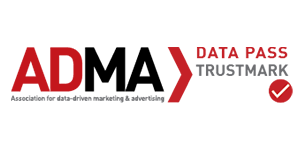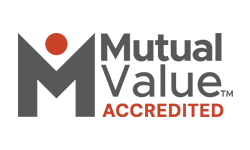Budgeting is a key component to your financial health. But if you’ve never done one before, it can be difficult to know where to start.
Why do I need a budget?
Simply put, a budget will help you understand what money you have going in and out of your bank account. Once you have a firm grasp on what you’re spending and what you’re saving, you’ll have a better idea on how to balance the two.
A solid budget can also help you pay off your debt, plan for those big purchases and keep you from living paycheck to paycheck.
How to get started
Before you set any guidelines, you’ll want to consult your bank and credit card statements to get the full picture of what you’re spending. If you don’t have the exact number for a particular item that’s ok, just be sure to round up to provide yourself with a healthy buffer.
You’ll want to gather information on the following categories:
- Income
- Living expenses
- Insurance and superannuation
- Loans and credit cards
- Transport
- Leisure and entertainment
To make things a bit easier, try a budget calculator. With this tool you can easily input your income and expenses by category, so you have a clear picture of where your money is going and what kind or surplus you have to work with.
What to do if you have a surplus
Well done. Rather than focus on how you can spend the money, try and think about how you can put it towards your savings goals.
Perhaps you could start an interest earning savings account or term deposit, put extra money into your super, invest it, or put it towards a holiday fund.
What to do if you’re spending too much
If you’ve found you’re spending too much don’t worry, there’s definitely some positive things you can do to get back on track. The important thing is that you’ve caught it now and can address it. You’ll want to decide what items you can afford to cut back on.
This means separating your necessary costs from the “nice to haves” costs. For example, you could try cutting back on entertainment and eating out for starters. If small changes like this simply aren’t enough, you may need a bit more help managing your debt.
Plan for the future
If you know there are big changes on the horizon such as taking on a mortgage, buying a car or healthcare costs, it’s never too early to plan for them. Even if you don’t know the exact numbers just yet, start accounting for these costs in your budget now so you’ll have an easier time adjusting later.
Remember this is a living, breathing budget so you can continue to adapt your numbers as you get a better grasp on what you’re spending over time.
If you’re considering putting more of your budget into savings or want to consolidate your debts, we’re ready to help.
Any advice or information provided on this site is general advice only, and does not take into account your personal objectives, financial situation or needs. Before acting on any general advice you should consider its appropriateness given your personal circumstances. You should consider the Terms and Conditions for a product before acting on any advice to acquire it. Please consult with a financial adviser for personal financial advice.




